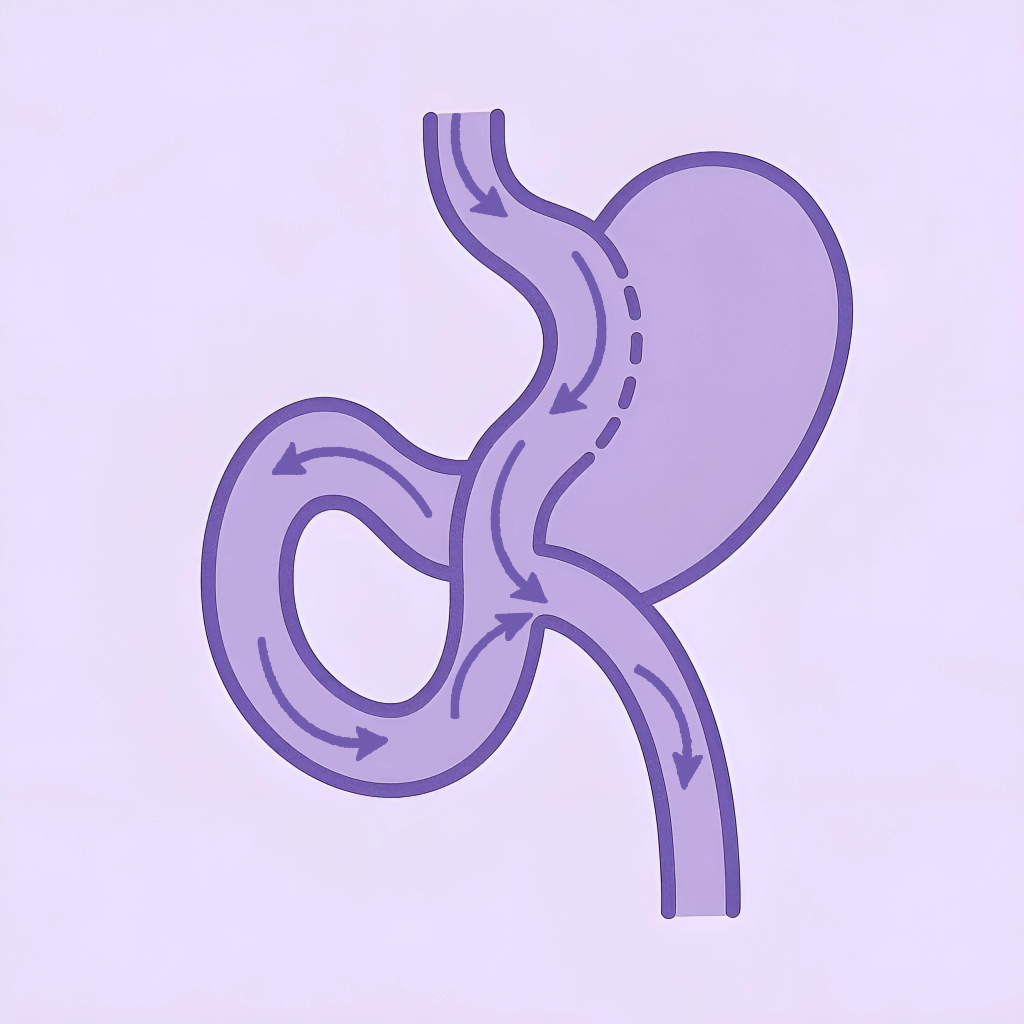Inzisionelle Hernie







Die inzisionelle Hernienoperation ist ein chirurgisches Verfahren, das die Bauchwand verstärkt, um Hernien an früheren chirurgischen Einschnitten zu behandeln.
Übersicht
Die Reparatur einer Inshernien ist ein chirurgischer Eingriff, der verwendet wird, um eine Hernie zu korrigieren, die an der Stelle einer früheren Bauchoperation entsteht. Dies tritt auf, wenn geschwächtes Gewebe es inneren Organen oder Fett ermöglicht, durch die Bauchwand zu treten, was zu Unannehmlichkeiten, Schmerzen oder Komplikationen führen kann.
Der Eingriff stärkt den geschwächten Bereich, indem das Gewebe entweder zusammengenäht oder mit einem chirurgischen Netz verstärkt wird. Abhängig von der Größe und Komplexität der Hernie kann die Reparatur entweder durch eine offene Operation oder eine minimalinvasive laparoskopische Technik durchgeführt werden.
Wann wird eine Operation empfohlen?
Die Operation zur Reparatur einer Inshernie wird für Personen empfohlen, die Schmerzen, Unannehmlichkeiten oder eine Vorwölbung an einer früheren Operationsstelle erleben, die sich mit der Zeit verschlimmern. Sie ist notwendig, wenn die Hernie nicht mehr zurückgedrängt werden kann oder Verdauungsprobleme wie Übelkeit oder Darmverschluss verursacht.
Eine Operation ist auch erforderlich, wenn ein Risiko für eine Inkarzeration besteht, bei der das eingeklemmte Gewebe die Blutzufuhr verliert, was zu starken Schmerzen und Komplikationen führen kann. Da Inshernien tendenziell größer werden und sich nicht von selbst heilen, ist eine chirurgische Reparatur die effektivste langfristige Lösung, um ein Wiederauftreten zu verhindern und die Lebensqualität zu verbessern.
Verfahrensdetails
Die Reparatur einer Inshernien umfasst die Verstärkung des geschwächten Bauchgewebes, um weitere Vorwölbungen zu verhindern und die strukturelle Integrität wiederherzustellen.
Anästhesie wird zur Gewährleistung des Komforts des Patienten verabreicht.
Ein Schnitt wird an der Hernienstelle gemacht oder es werden kleine laparoskopische Einschnitte gesetzt.
Das vorgewölbte Gewebe wird wieder in die Bauchhöhle zurückverlagert.
Der geschwächte Bereich wird mit Nähten oder einem chirurgischen Netz verstärkt.
Die Einschnitte werden geschlossen und der Eingriff abgeschlossen.
Erholung
Die Heilung nach einer Inshernien-Reparatur variiert je nach chirurgischem Ansatz und der Schwere der Hernie. Die meisten Patienten kehren innerhalb weniger Tage zu leichten Aktivitäten zurück, wobei die vollständige Genesung mehrere Wochen in Anspruch nehmen kann. Leichte Beschwerden, Schwellungen und Blutergüsse können auftreten, lassen sich jedoch mit verschriebenen Schmerzmitteln und angemessener Ruhe behandeln.
Um eine optimale Genesung zu gewährleisten, stellen wir personalisierte Nachbehandlungsrichtlinien zur Verfügung, einschließlich Aktivitätsbeschränkungen, richtiger Wundpflege und diätetischer Anpassungen. Regelmäßige Nachuntersuchungen helfen, den Heilungsverlauf zu überwachen und das Risiko eines Wiederauftretens zu verringern. Patienten wird geraten, schweres Heben und anstrengende Aktivitäten zu vermeiden, bis die Heilung vollständig abgeschlossen ist.
Haben Sie Fragen zu Ihrer Behandlung?

Häufig gestellte Fragen
Hier finden Sie klare Antworten auf die am häufigsten gestellten Fragen.
Benötigen Sie individuelle Unterstützung? Kontaktieren Sie uns über WhatsApp – wir antworten in der Regel innerhalb weniger Minuten.
In welchen Operationen ist Dr. Gül spezialisiert?
Warum die Türkei für chirurgische Eingriffe wählen?
Wie lange dauert die Genesung nach den meisten Operationen?
Welche bariatrischen Verfahren werden in der Klinik angeboten?
Wie viel Gewicht kann ich nach einer bariatrischen Operation erwarten, zu verlieren?
Welche Sprachen spricht Dr. Gül und sein Team?
Muss ich nach einer bariatrischen Operation Nahrungsergänzungsmittel einnehmen?
Deckt die Versicherung diese Verfahren ab?
Kann ich Behandlung mit einer Reise in die Türkei kombinieren?
Welche Unterstützung ist nach der Operation verfügbar?
Unsere Expertise

Hülsengastrektomie
Minimalinvasive Operation zur langfristigen Gewichtsreduktion mit einem einfachen Verfahren und ohne Umleitung.

Mini-Magenbypass
Einfacherer, weniger invasiver Magenbypass für signifikante Gewichtsabnahme und Diabeteskontrolle.

Magenballon
Eine nicht-chirurgische, vorübergehende Option zur moderaten Gewichtsabnahme ohne bleibende Magenveränderungen.
Folgen Sie Dr. Gül auf Instagram





